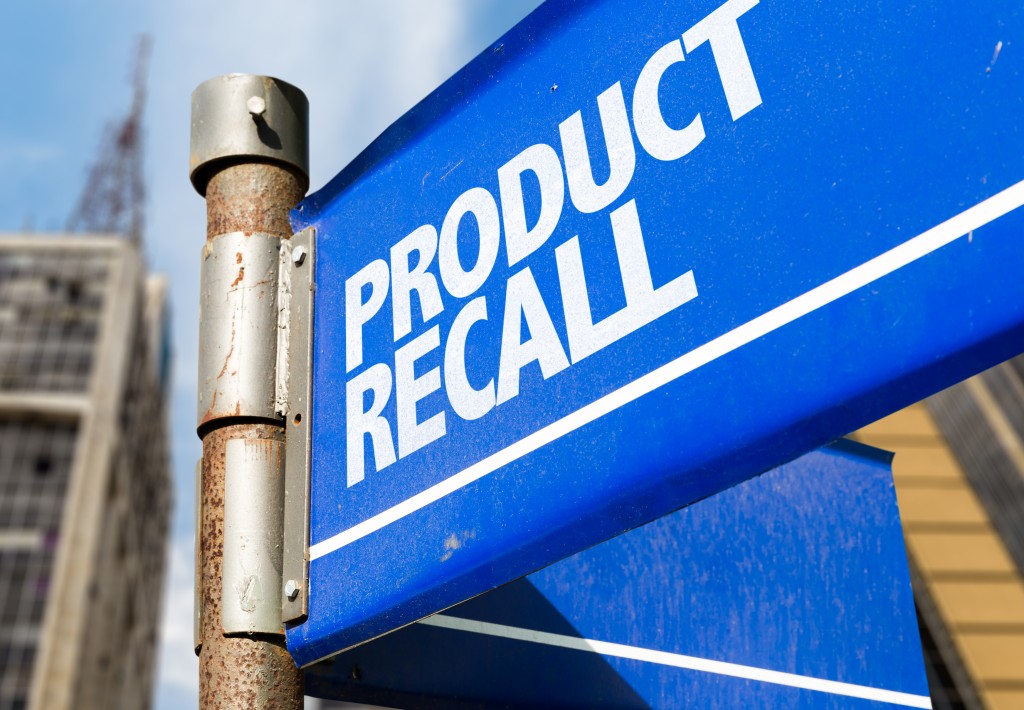The abundance of available products and services has made many consumers assume that they are safe, mainly because they trust that manufacturing companies have their safety in mind. Mainly, most manufacturers are now all the more vigilant on the products they churn to their markets. This vigilance is primarily linked to the increased awareness of consumer rights and business ethics in any industry.
But even with the level of scrutiny and testing involved in product safety, there are still some instances of companies suing manufacturers for product failure. As such, more people are suing manufacturers for any mental, physical or emotional damage arising from the exposure or use of a defective product. Even with the effort to churn high-quality products, some substandard products make their way to the market. Suppose a consumer has been injured as a direct result of a product defect. In that case, many companies know they are liable to provide compensation and are also required to recall all products with possible defects.
With a personal injury lawyer on your side, all local manufacturers and large firms will employ, many people assume they cannot win compensation. However, this presumption should not stop you from seeking what you are legally owed with the best lawyer you can get. Legal costs need not be an issue since there are different payment arrangements you can agree upon with the lawyers. The other element that keeps people from pursuing their claim is the statute of limitation. This dictates the timeframe within which you can file your claim. It is two years in most states. The following are some exemptions to this statute.
The Discovery Rule

Some effects of using a product or being exposed to it might not be evident within the timeframe of the statute of limitation. In this case, the discovery rule applies if some injuries become apparent after the deadline has elapsed. The exception generally applies to cases involving toxin or chemical exposure as these products’ effects might take time to develop.
Multiple Injured Parties
If there are multiple injured parties in a defective product claim, you can file a lawsuit against one defendant within the required timeframe. You are nonetheless allowed to sue a second defendant you might find relevant after the statute of limitations has passed. This works if it is found that both defendants in your case are at fault.
Fraudulent Concealment
At times, a defendant will engage in a deceptive, misleading or contrived action to conceal something that might tip the legal scale in your favor. The defendant can, for instance, lie to you or fake some documents so that you are unaware of your right to sue him/her. This exception, however, requires a defendant’s affirmation. If he/she establishes that you should still have discovered his/her action despite his concealment attempts, he/she might have an affirmative defense against you.
Cases Involving Minors
The statute of limitations in defective product cases excludes children. As such, if your case involves someone below eighteen years, the statute will not start running until the plaintiff turns eighteen. It will not matter how old the child was at the time of the injury. He/she generally has two years after turning eighteen to file his/her claim.
Many people who have valid claims have been talked out of filing them by none the wiser. They are fooled into assuming the claim is worth nothing since the statute of limitations has run its course. The above exceptions are only part of those that can apply to your claim. Provided you have a claim, get an attorney to evaluate its specifics and advise you accordingly.
